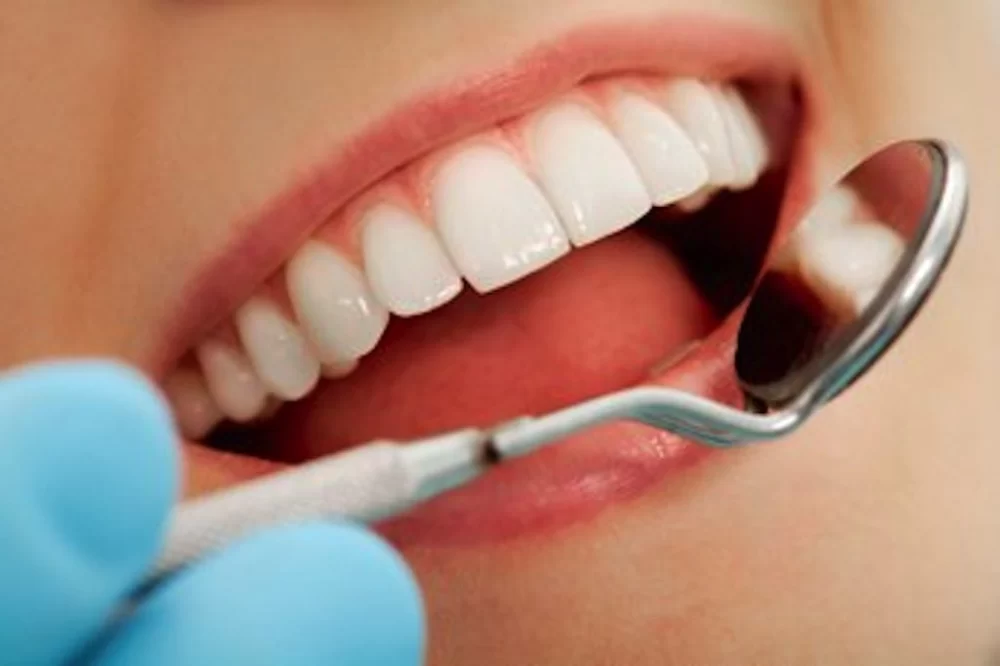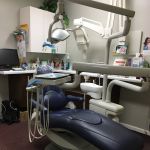
Can I Get Dental Insurance for Just a Few Visits? Here's What You Need to Know
When I first started looking for dental insurance, I found myself in a tricky situation. I didn't need a full-blown plan that covered every dental issue under the sun, but I definitely needed coverage for a few visits to the dentist. Maybe you’re in the same position—perhaps you need a dental check-up or some fillings, but you don’t want to commit to an entire year of dental insurance coverage. So, what’s the solution? Can you get dental insurance for just a few visits? Let’s dive into this and explore your options.
Understanding the Basics of Dental Insurance
Before we can talk about getting dental insurance for only a few visits, let’s first understand how traditional dental insurance works. In general, most dental insurance plans are designed to cover a variety of procedures over a set period (typically a year). They usually cover preventive services like cleanings, exams, and X-rays, as well as more extensive treatments like fillings, crowns, and root canals. However, these plans often come with a hefty annual premium and sometimes high deductibles, making them less appealing if you only need minimal care.
What Are My Options for Short-Term Dental Insurance?
There are a few options you can consider if you’re looking for dental coverage for just a few visits. Let me break them down for you:
1. Temporary or Short-Term Dental Plans
Short-term dental plans are a great solution if you only need coverage for a limited time. These plans are designed to give you dental care for a few months, typically with lower premiums compared to full-year plans. They can cover a range of services, from basic cleanings to more complex procedures, depending on the plan you choose.
However, keep in mind that these plans may have limitations, such as waiting periods before you can receive coverage for certain services or restricted coverage for pre-existing conditions. It's essential to read the fine print and make sure the plan you choose covers the treatments you need during your visits.
2. Dental Discount Plans
If you don’t need insurance but want a discount on your dental visits, you could consider a dental discount plan. These plans allow you to pay a monthly fee to receive discounted rates at participating dental offices. While not technically insurance, dental discount plans can help you save a significant amount on services like cleanings, fillings, and even major treatments like crowns and bridges. The savings can be considerable, and the plan usually doesn’t have the waiting periods or exclusions that traditional insurance does.
3. Pay-Per-Visit or Cash-Pay Options
If you only need dental care for one or two visits, paying out of pocket might be the simplest and most cost-effective choice. Many dental offices offer discounts for patients who pay in cash or provide financing options for those who need treatment over time. This approach works well if you don't want to commit to a full insurance plan and only need a few basic services.
Why Might You Choose Short-Term Dental Coverage?
There are several reasons why someone might consider short-term dental insurance or paying for dental visits without a full insurance plan:
1. Limited Dental Needs
If your dental needs are minimal—perhaps you just need a routine cleaning or a filling—you may not want to pay for a full year of dental insurance. Short-term options allow you to get the coverage you need without the long-term commitment.
2. Avoiding Annual Premiums
Annual premiums for traditional dental insurance can be expensive, especially if you’re not planning on needing extensive dental care. Opting for a short-term plan or paying per visit can save you money in the long run.
3. No Long-Term Commitment
If you're in between jobs, moving to a new area, or simply not sure about the kind of dental care you’ll need in the future, short-term dental insurance gives you flexibility. It allows you to get the care you need now without locking yourself into a year-long commitment.
Real-Life Story: How I Used Short-Term Dental Insurance
Let me share a quick story. Last year, I had a dental emergency. I had been putting off a filling for months, and one day, it started to hurt badly. I didn’t have dental insurance at the time, and I wasn’t sure what to do. I didn’t need a full plan but needed help with just a couple of visits. After some research, I found a temporary dental plan that fit my needs perfectly. The plan covered the filling I needed, and I only paid a small monthly premium for three months. The process was straightforward, and I got the care I needed without overpaying. It was a perfect solution to my situation.
Things to Consider Before Choosing Short-Term Coverage
Before you decide to go for a short-term plan, there are a few things to keep in mind:
1. Coverage Limitations
Temporary dental plans may have limitations in terms of what they cover. Some may not cover major treatments or may have a waiting period before certain services are eligible for coverage. Make sure the plan fits your exact needs.
2. Network Restrictions
Some short-term dental plans require you to visit specific dentists or clinics that are within their network. Ensure the plan includes dental providers near you or those you prefer to see.
3. Costs vs. Benefits
Weigh the costs of short-term coverage against what you would pay for dental visits without insurance. In some cases, paying out of pocket might be more affordable than signing up for a short-term plan, especially if you only need a basic service or two.
Where to Find the Best Short-Term Dental Plans
One great place to explore short-term dental plans is through online marketplaces. Many websites offer a range of options to compare, ensuring you find the most affordable and suitable plan for your needs. You can also check with local dental offices—they often know which short-term insurance options are available and can guide you toward the best choice.
If you're looking for the most suitable dental clinics or services, be sure to visit our website, Dentistry Toothtruth, where you can find the best recommendations for dental care based on your unique needs.







 Leardi Family Dentistry4.0 (135 review)
Leardi Family Dentistry4.0 (135 review) Rayhan & Marvizi, DDS5.0 (104 review)
Rayhan & Marvizi, DDS5.0 (104 review) Dr. Melanie Williamson, DMD5.0 (5 review)
Dr. Melanie Williamson, DMD5.0 (5 review) Charles A. Messa Jr. DDS4.0 (14 review)
Charles A. Messa Jr. DDS4.0 (14 review) Dr. William G. Gardner, DDS4.0 (12 review)
Dr. William G. Gardner, DDS4.0 (12 review) Setter Periodontics and Dental Implants5.0 (34 review)
Setter Periodontics and Dental Implants5.0 (34 review) The Importance of Oral Health Education During Pregnancy for a Healthy Pregnancy
The Importance of Oral Health Education During Pregnancy for a Healthy Pregnancy Best Tips for Brushing Your Teeth Properly for Healthy Gums: Essential Techniques for Oral Health
Best Tips for Brushing Your Teeth Properly for Healthy Gums: Essential Techniques for Oral Health Why Skipping Dental Checkups Can Lead to Bigger Oral Health Problems
Why Skipping Dental Checkups Can Lead to Bigger Oral Health Problems Advantages of Porcelain Dental Restorations
Advantages of Porcelain Dental Restorations How Can Diabetes Cause Tooth and Gum Problems? Preventing and Managing Oral Health Issues
How Can Diabetes Cause Tooth and Gum Problems? Preventing and Managing Oral Health Issues Healthy Habits for Promoting Good Oral Health and Hygiene: Tips for a Healthy Smile
Healthy Habits for Promoting Good Oral Health and Hygiene: Tips for a Healthy Smile